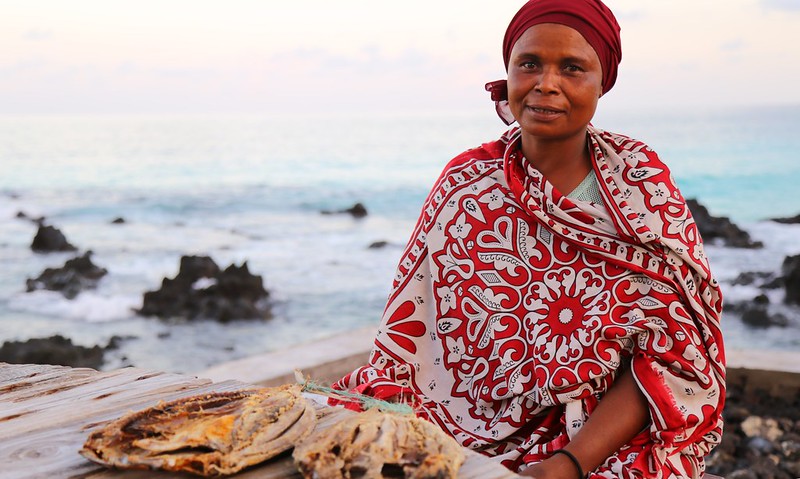Comoros: Africa’s Clove-Scented Archipelago
The only African country that is also an Arab League member
Four volcanic islands floating between Mozambique and Madagascar.
They smell like cloves before you even see land.
 |
| Comoros: Anjouan, Moheli and Grande Comore |
Grande Comore, 2024 – cloves drying on lava-rock mats. Photo: UN Comoros
The Four Islands That Refused to Be Forgotten
Grande Comore, Mohéli, Anjouan, and Mayotte (still French) sit exactly where the Mozambique Channel meets the open Indian Ocean.
Population: ~900,000.
Official languages: Comorian (Shikomor), Arabic, French.
Member of: African Union (since 1975), Arab League (since 1993), Francophonie, Indian Ocean Commission.
They are the only nation on earth that belongs to both the African Union and the Arab League — a living bridge between continents.
The Fomboni Accord & the 21 Coup Attempts
Between 1975 and 2001, Comoros suffered more successful coups (4) and attempted coups (17) than any other country on earth — earning the nickname “Coup-Coup Land.”
In 2001 the Fomboni Accord finally created a rotating presidency: each island takes the presidency in turn.
It has held (mostly) since.
The Scent That Pays the Bills
Cloves
Comoros produces 70–80 % of the world’s ylang-ylang and remains one of the top clove exporters.
Vanilla
Second-largest producer after Madagascar — hand-pollinated orchid by orchid.
Three crops — cloves, vanilla, ylang-ylang — account for 95 % of exports.
When the price drops, the country holds its breath.
2025 Snapshot
- 2024 Ibrahim Index rank: 32nd out of 55 African countries (score 48.2/100)
- Human Development Index: 156th globally
- Remittances from the huge Comorian diaspora in France now exceed clove revenue
- First female president elected in 2024? Still waiting — but women lead 40 % of rural cooperatives
Four islands.
Three scents.
One stubborn, beautiful African nation that refuses to disappear.
The Union of the Comoros is actually three poverty ridden islands and the Fomboni Agreement is a major piece of Legislation governing Comoros.





























